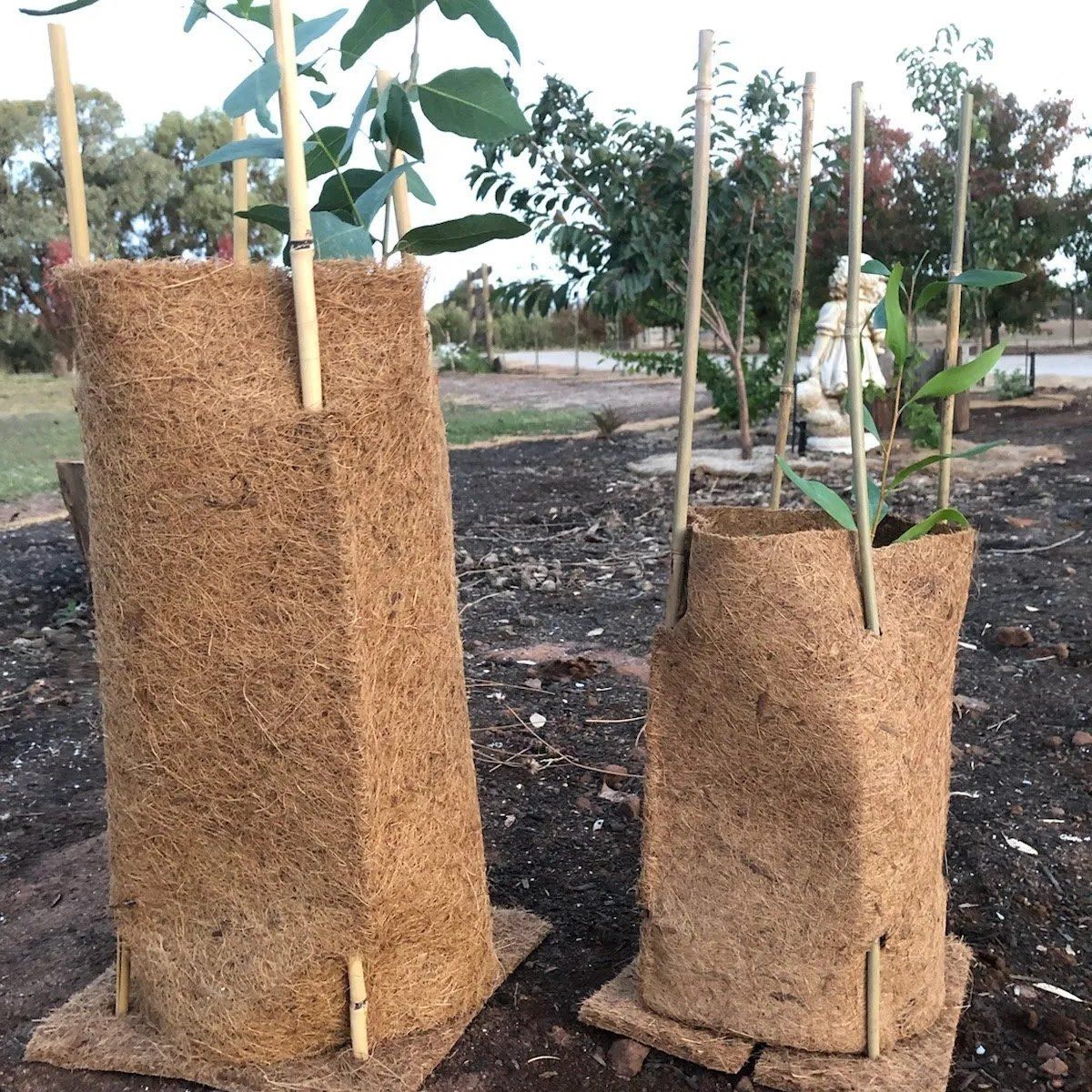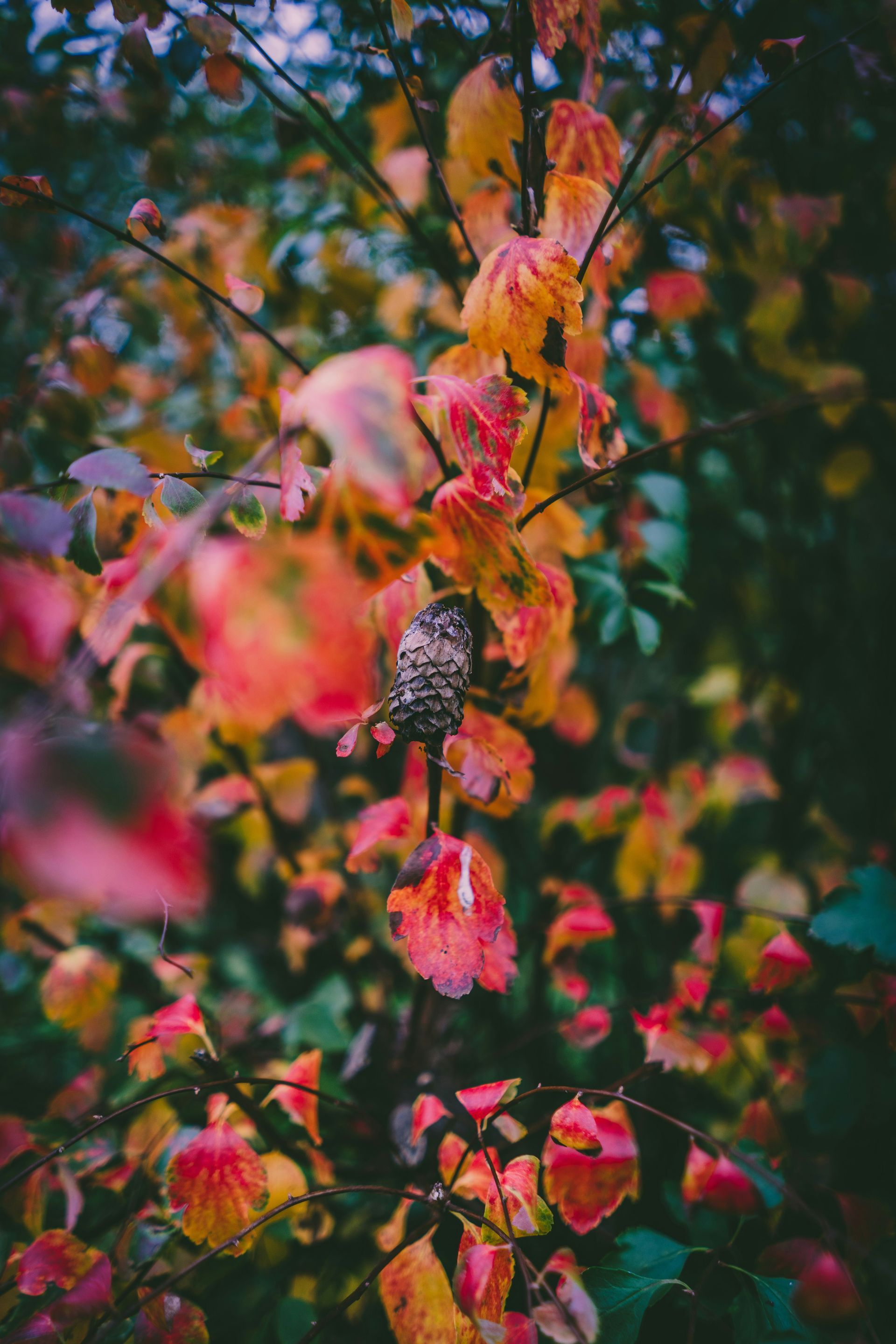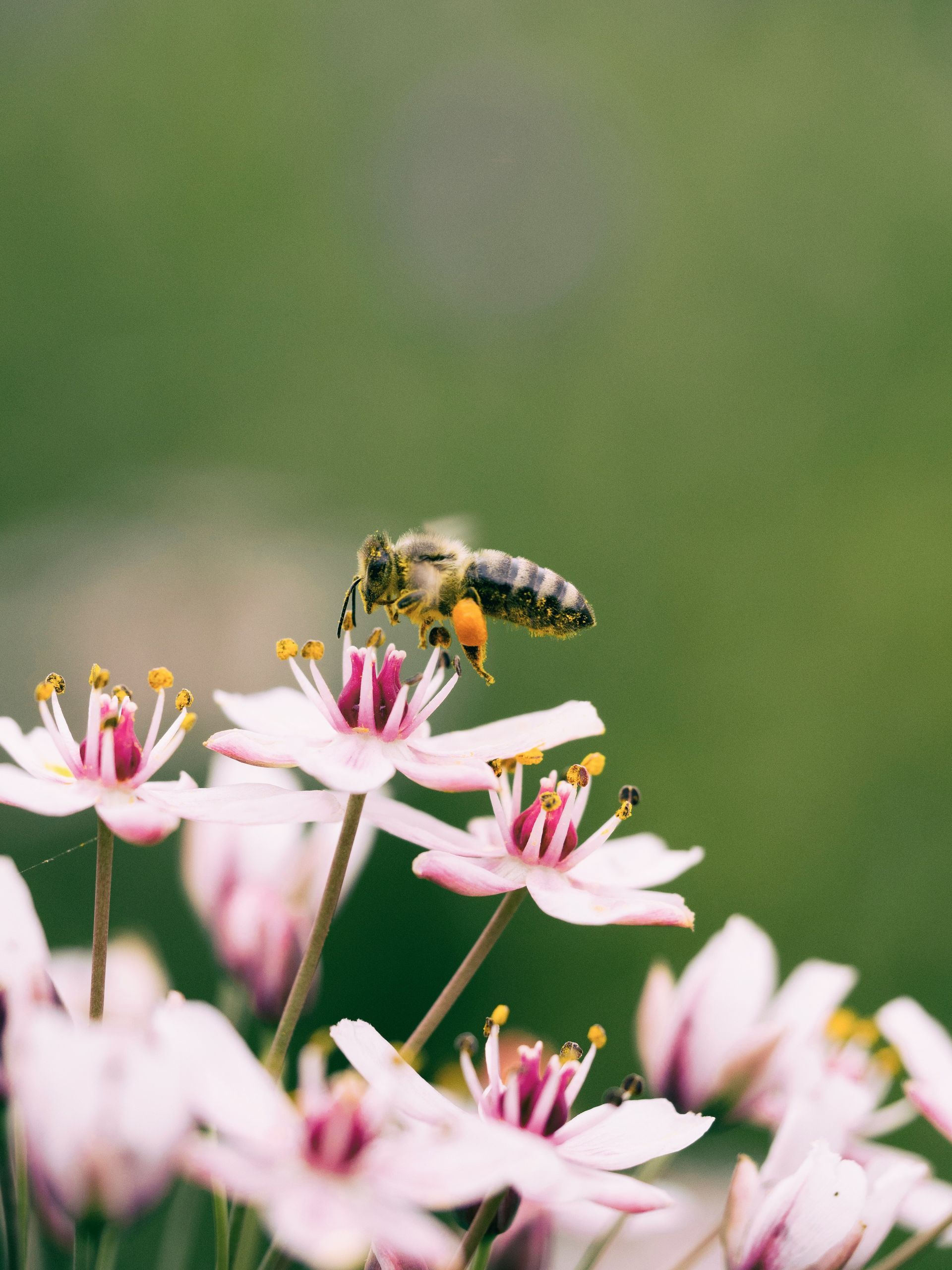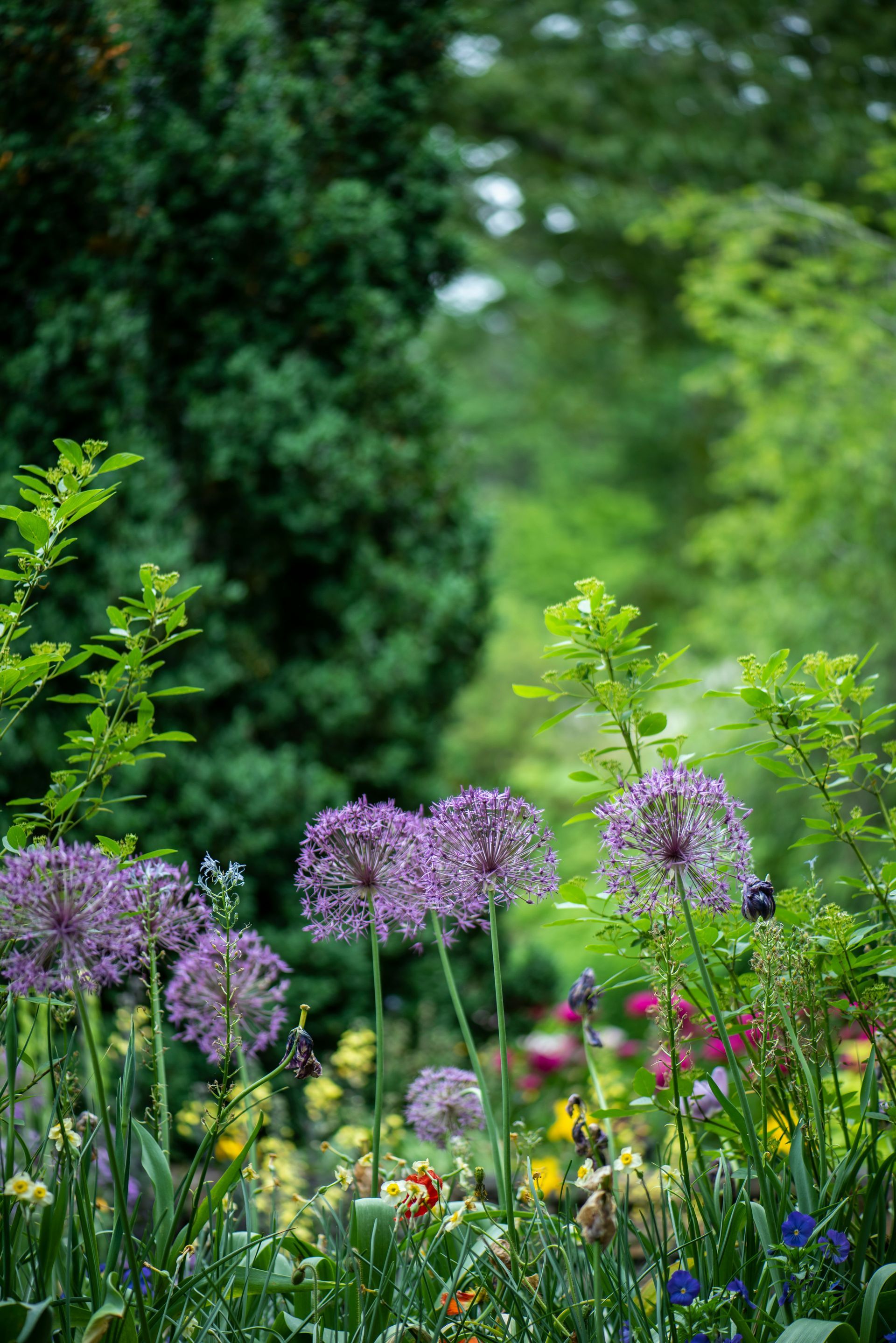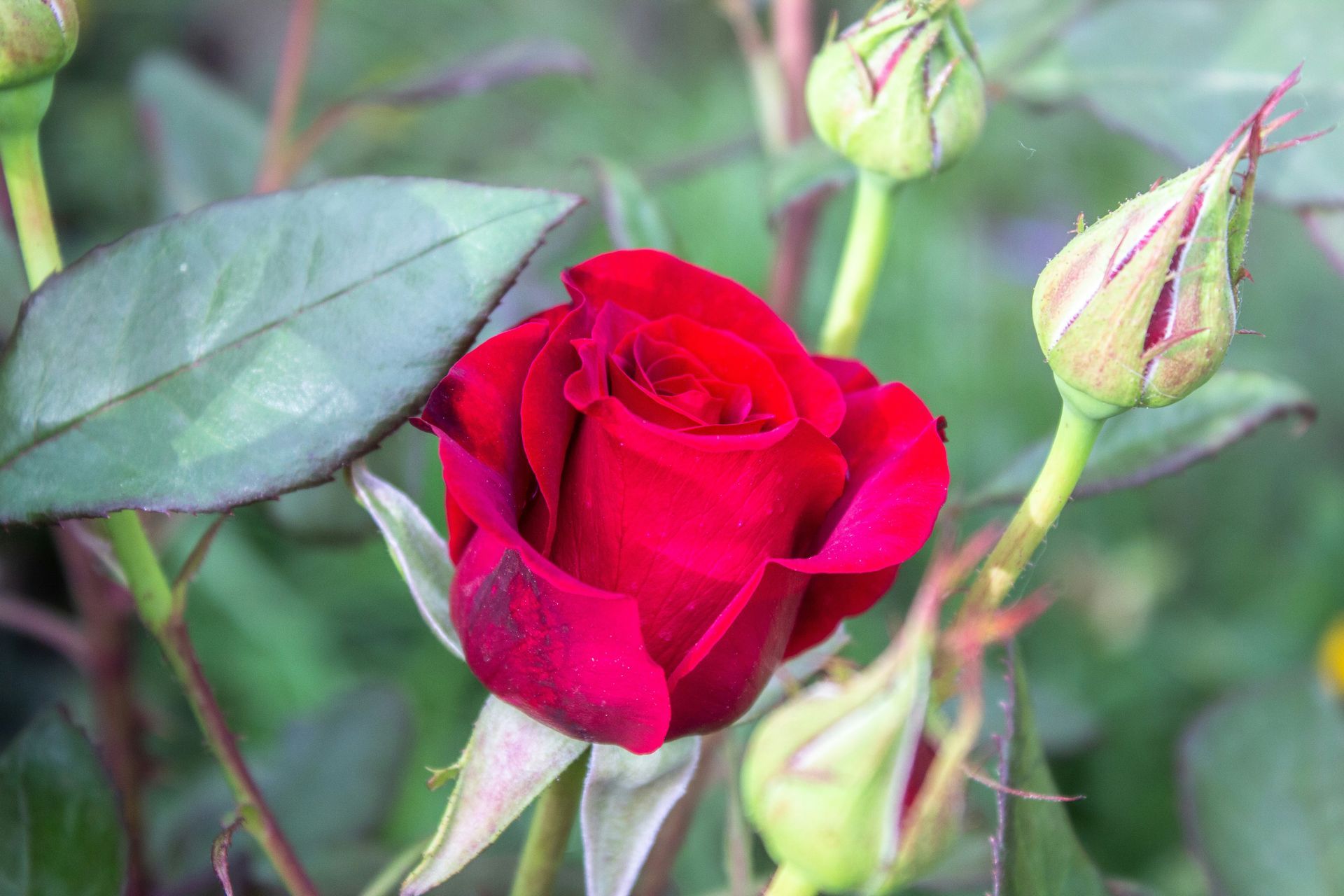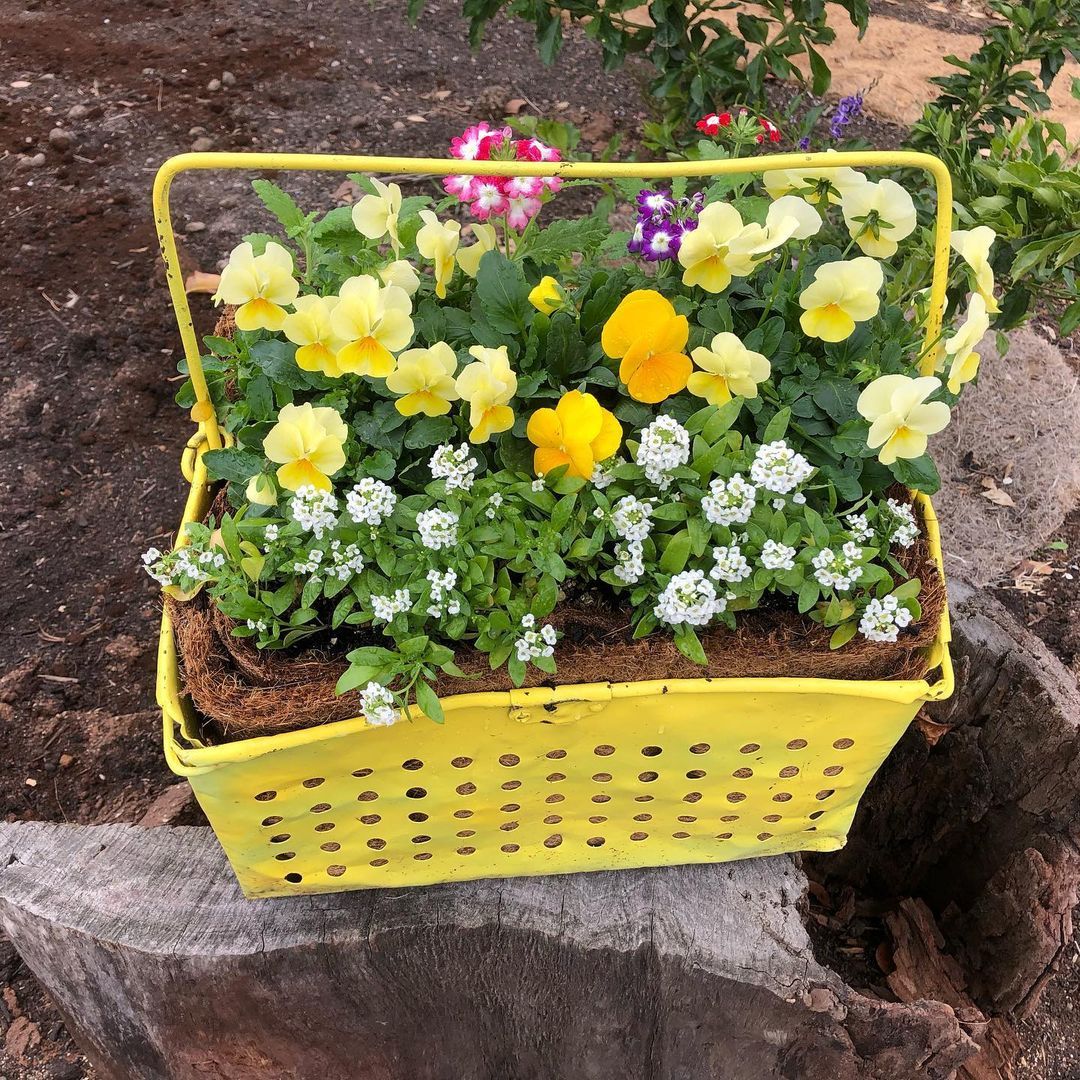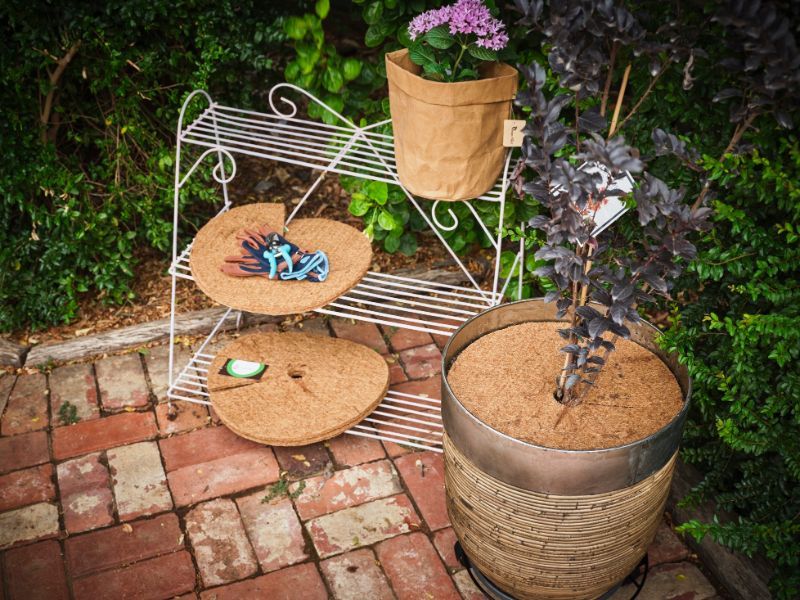Not all Pots are created Equal
Have you ever had a plant that has become root bound? How about one that’s suffered root rot? These are common issues that you can experience when using plastic pots.
Because plastic pots are just that, plastic, as your plant grows and develops, the roots of the plant can curl as they hit the sides of a plastic pot, causing it to become root bound. Ideally, you would prefer your plant to air prune and become healthier and stronger in the process. Coir fibre pots allow for air pruning because when the roots hit the side of the pot they are exposed to air, and when the air hits the roots, they burn off. This causes the roots to grow more fibrous and denser, which in turn leads to a healthier plant with better nutrient absorption.
Another issue you may encounter due to the makeup of plastic, is root rot. Should your soil become too wet, the roots of your plant become saturated, and with the density of plastic, there is no way for air to pass through to oxygenate the roots, causing them to rot. This is where one of our hero products enters to save the day, and your plants.
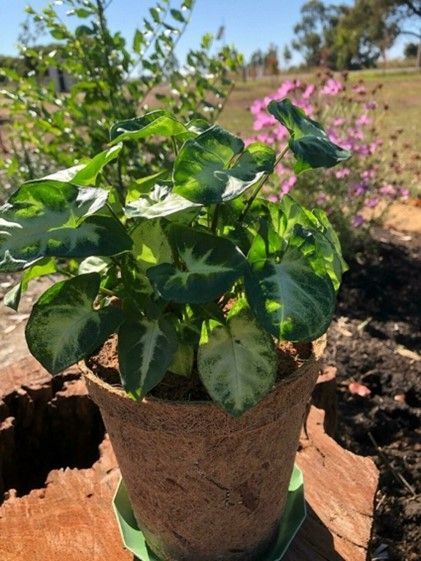
Our coir fibre pots are made from the husk of a coconut and natural latex, the sap from a rubber tree. This fibrous husk has always been used to make ropes, rugs, baskets, and bedding, but these products only use some of the husk, and a collection of finer coir fibres remain. These were once discarded but, in more recent years, have found a place in horticulture. To make these pots, the coco fibres are washed and dried, then shaped into pots using moulds. Some factories still shape them by hand, but they are mostly made using machinery and moulds to press the pots into shape.
Coir pots are 100% natural, 100% biodegradable, environmentally friendly, and safe to use. These pots are ideal for transplanting new plants as they can be placed directly into the ground, so there is no transplant shock. Or use them for your indoor plants; they look natural and earthy, are lightweight, and are efficiently utilised in patio gardening.
Coco coir is a very sustainable material. Coconut trees benefit the environment by reducing carbon dioxide. A coconut tree can produce up to 150 coconuts in a year and live up to 80 years, so creating numerous coir products without harming the environment is easy.
There is no wasted part of this tree; many different products are produced.
It is an excellent tree to promote. These pots also mean that we are decreasing both plastic wastes, and the carbon footprint associated with plastic production.
Coir fibre is rich in nutrients like iron, potassium, copper, and zinc. Coir's high cation-exchange rate allows it to readily supply these nutrients to plants that it encounters. Coco coir has a neutral pH value between 5.2 and 6.8, so it's a versatile choice for plants of nearly any variety.

New Paragraph
